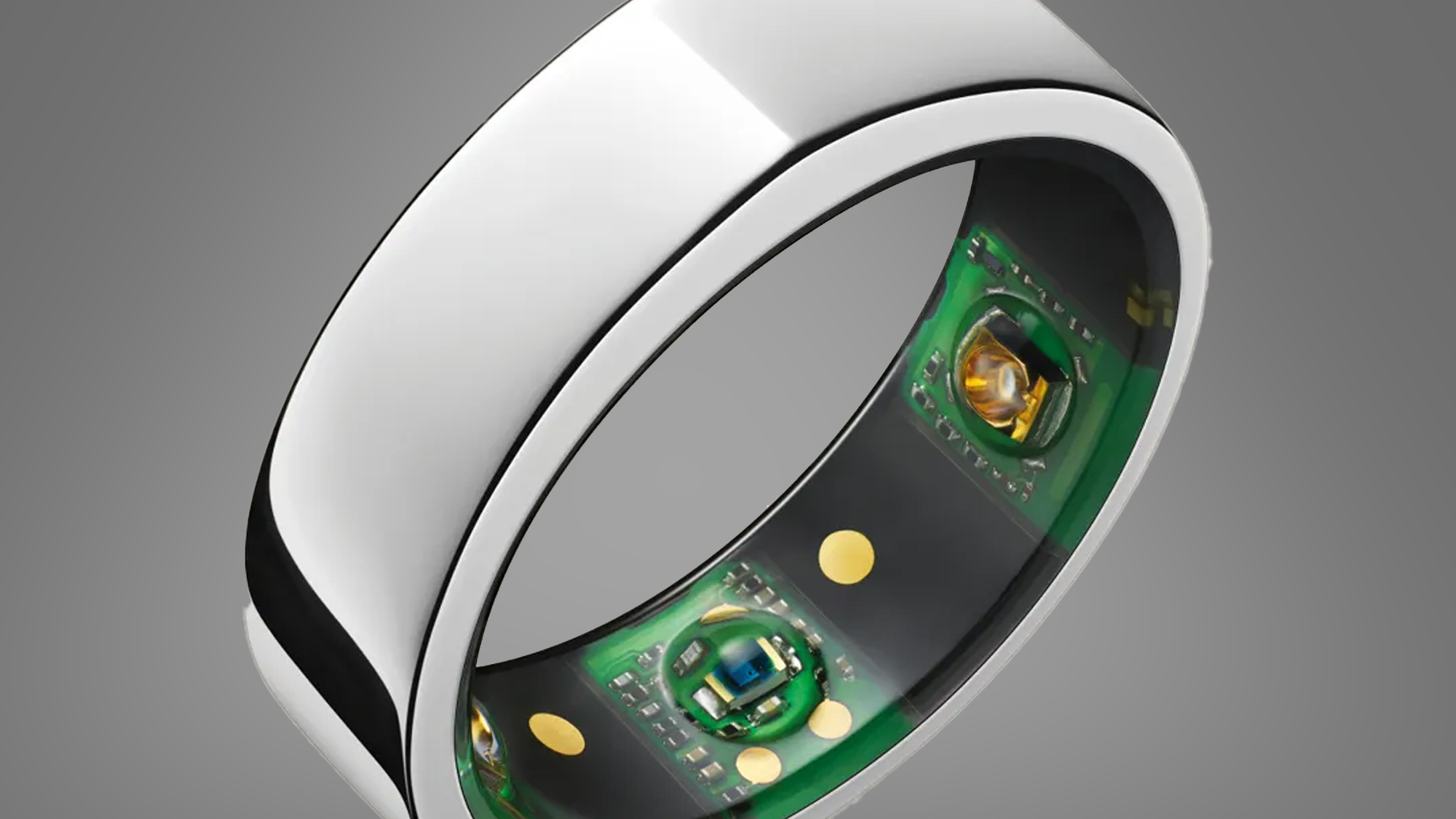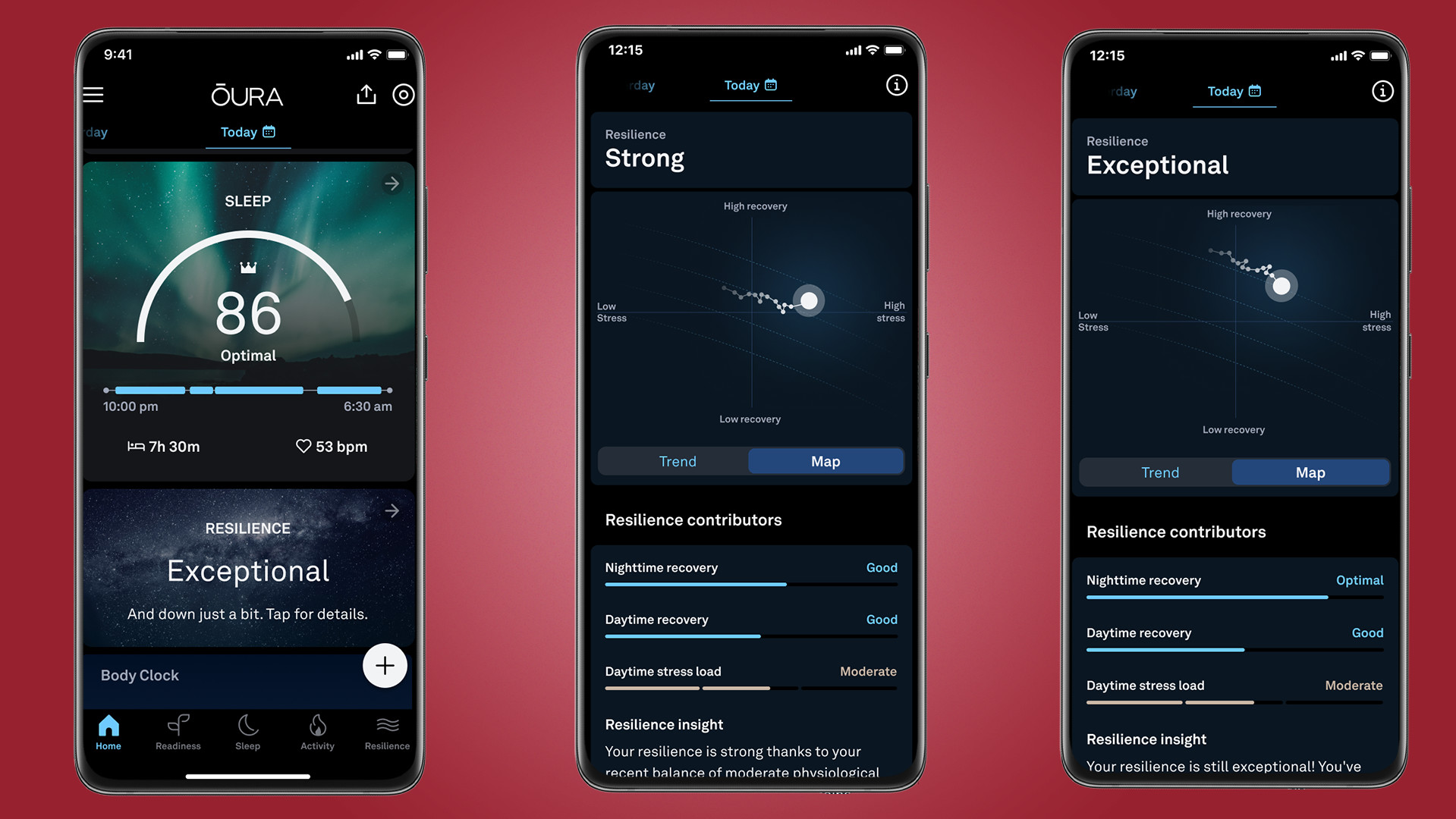
Health tech brand Oura is rolling out a new feature called Resilience that will create an assessment of a person’s ability to handle “physiological stress”.
The tool is coming to the Oura Ring and can be accessed on the official app, where it will be located underneath the sleep monitoring readout with an on-screen rating. These ratings range from Limited up to Exceptional with a few in between like Adequate and Strong. Limited is the lowest grade, meaning you’re not doing a very good job at mitigating your stress level, though improvements can be made. As you can probably guess, exceptional means you’re doing just fine. Stress levels are low, you're thriving; keep doing what you’re doing.

Resilience readout
Tapping the Resilience readout opens a menu delivering deep insight into your stress management. At the top is a Trend chart detailing your body’s activity throughout the week. Next to Trend is the Map chart chronicling your recovery. Below that are data readouts explaining why you're doing a good job at mitigating stress.
Resilience will tell you how well you sleep at night via Nighttime Recovery, how well you cool off during the day, and if your day was particularly stressful. Oura follows this up with written advice telling you ways to improve your recovery. For example, it may recommend getting better sleep if the Oura Ring detects you’re not resting enough.
Down at the bottom is quick access to Daytime Stress, another feature that allows users to track their body’s response to stress throughout the day. With its inclusion below, the company is nudging people to use the tool to learn what’s making them feel particularly tense.
Learning how to chill
What’s interesting about Resilience is it comes from a series of patterns exhibited by users.
Back in October, the company launched two features: the aforementioned Daytime Stress and Reflections, a journaling tool for mood tracking, to the Oura Ring. Looking at the data obtained from these two features, Oura noticed certain patterns. First, users tend to have a more stressed physiology on the weekends. This is most likely due to people going out or exercising during those days. Second, those who drink alcohol are shown to be more stressed out. And last, users experience about 95.6 minutes of stress every day.
Upon looking at the data, it seems that Oura sought to create a way to help its user base relax, or at the very least, offer resources to help. It's important to note the brand has been successful in doing so. A recent study done by San Diego State University and UC Irvine indicated that pregnant women using the meditation app Headspace alongside the Oura Ring experienced a “significant reduction in anxiety” and better sleep.
Keep an eye out for the patch when it arrives. After installing, the Oura mobile app will have the new Resilience card near the top plus a Resilience tab at the bottom next to Activity.
While we have you, check out TechRadar's guide to the best smart rings for 2024.







